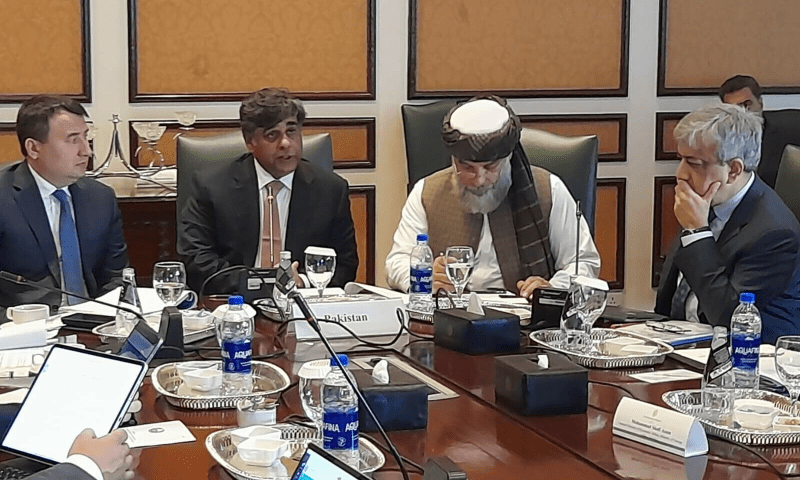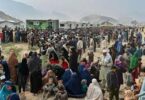The Commerce Ministers of Pakistan, Afghanistan, and the Deputy Prime Minister of Uzbekistan co-chaired the first-ever trilateral huddle aimed at strengthening economic ties, trilateral cooperation and regional connectivity. As said, the meeting focused on boosting trade relations among the three nations and discussions centred around reducing trade barriers, simplifying customs procedures, and promoting smooth and sustainable cross-border trade among the neighbouring Muslim states.
Pakistan, Uzbekistan and the Islamic Emirate of Afghanistan are three brotherly Muslim states, which not only owe a unique geography, weather environment and topology but have the utmost economic interdependence, and social and political alignment that provide them a solid foundation for a shared sustainable economic development and growth. Historically, all three nations not only recognized the importance of their cooperation but already teamed up to grasp the optimum benefits of their partnership and joint work.
Presently, South and Central Asia gradually getting out of political issues and focusing on geoeconomics, by enhancing their inter-state linkages, strengthening their trade ties and removing impediments to achieve their shared objectives. The trio-nations’ leadership aimed at stimulating their economic growth and opening up additional avenues of joint ventures, government-to-government teamwork, and public-private partnerships with increased foreign direct investment (FDI) in each other nations. By leveraging their strengths and resources, Pakistan, Afghanistan, and Uzbekistan can tap into new markets and expand their economies. Historically, these nations are linked up with each other through numerous mechanisms for cooperation and coordination. Besides the ECO and the US-Afghanistan-Uzbekistan-Pakistan Quad platform, they may collaborate with China and Russia through the Shanghai Cooperation Organization (SCO).
The recent trilateral meeting has marked an important step towards closer economic cooperation and sets the stage for increased trade, investment, and connectivity, benefiting all three countries and paving the way for a prosperous and integrated region. This arrangement will not only boost the transportation networks but promote infrastructure development to facilitate the transnational movement of cargo, passengers and tourists.
Historically, the momentum of cooperation and the level of engagement between Pakistan and Uzbekistan were marred largely due to persistent political instability and meek security situations in Afghanistan. Previously, Islamabad and Tashkent had sent test shipments through Afghanistan to gauge the viability of various trade routes in the region. Meanwhile, the tri-states already agreed to a roadmap for the Mazar-i-Sharif-Kabul-Peshawar railway project that will link Uzbekistan, Afghanistan to Pakistani deep sea ports in Karachi and Gwadar through the China-China-Pakistan Economic Corridor (CPEC). Interestingly, the rail-road connectivity project will run alongside regional energy projects including the 1,000-megawatt Surkhan-Puli-Khumri high-voltage power line and the 1,300-megawatt CASA-1000 energy project that will respectively supply electricity to Afghanistan and Pakistan.
The incumbent Afghan government is very interested in the economic uplift of its nation and vigorously working to resume trade and road links of the country with its neighbourhood. Currently, the political and geostrategic environment is highly conducive as all three brotherly nations have geared up to grasp their collective agenda, they have massive untapped potential and face no scarcity of plans yet strike a shortage of bulk funds which can manifest their ideas and dreams into a physical reality. For that purpose, they must seek assistance from global and regional lenders so this region also grasp affluence, progress and prosperity like other parts of the world.







